Beijing has reopened Xiaotangshan Hospital, which housed SARS patients in 2003, to receive international arrivals for further screening, quarantine, and treatment of mild cases of novel coronavirus disease (COVID-19).
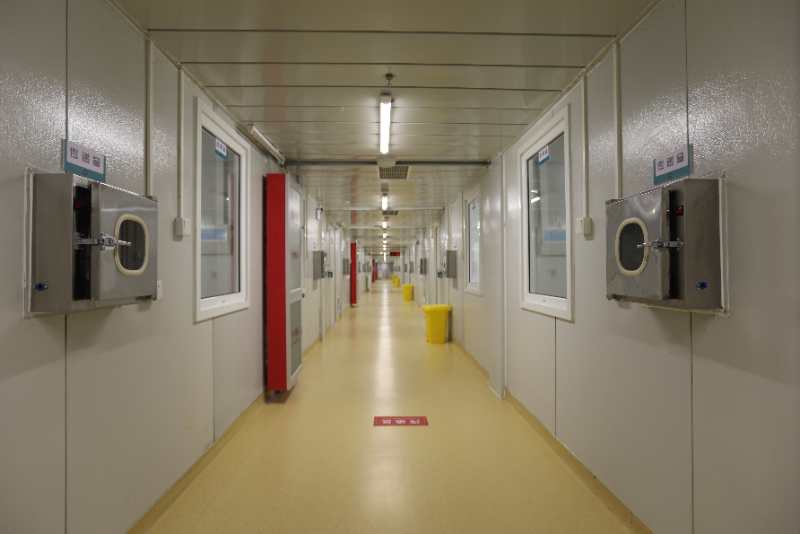
The hospital, located in northern Beijing, has been under extensive renovation during the COVID-19 outbreak in China, but the decision to reopen it was made this Monday as the city is facing an increasing risk of imported coronavirus cases.
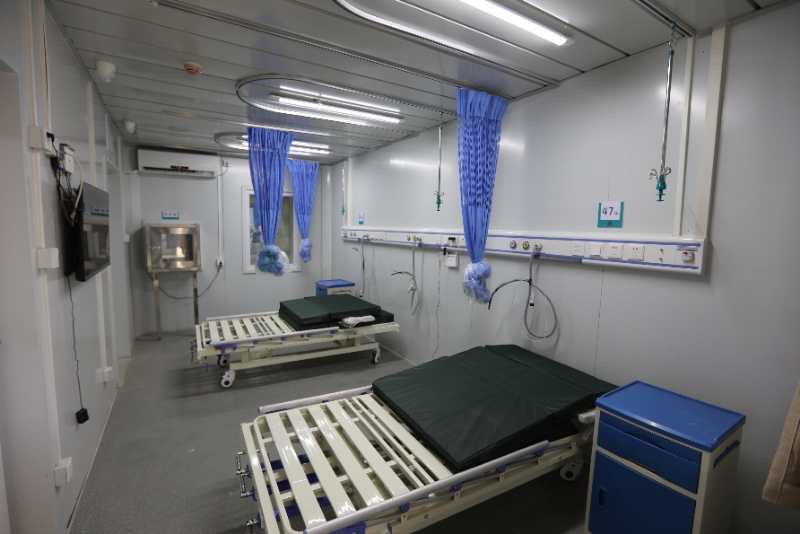
More than 1,000 beds are available in the hospital and the laboratory testing, medical image examination, disinfection and firefighting equipment have all been approved before being put into service. Hundreds of medical personnel from hospitals across the city have completed training for receiving suspected and confirmed cases of COVID-19.
Beijing's municipal government on Sunday said all international arrivals to Beijing must undergo a mandatory 14-day quarantine no matter with or without suspected symptoms.
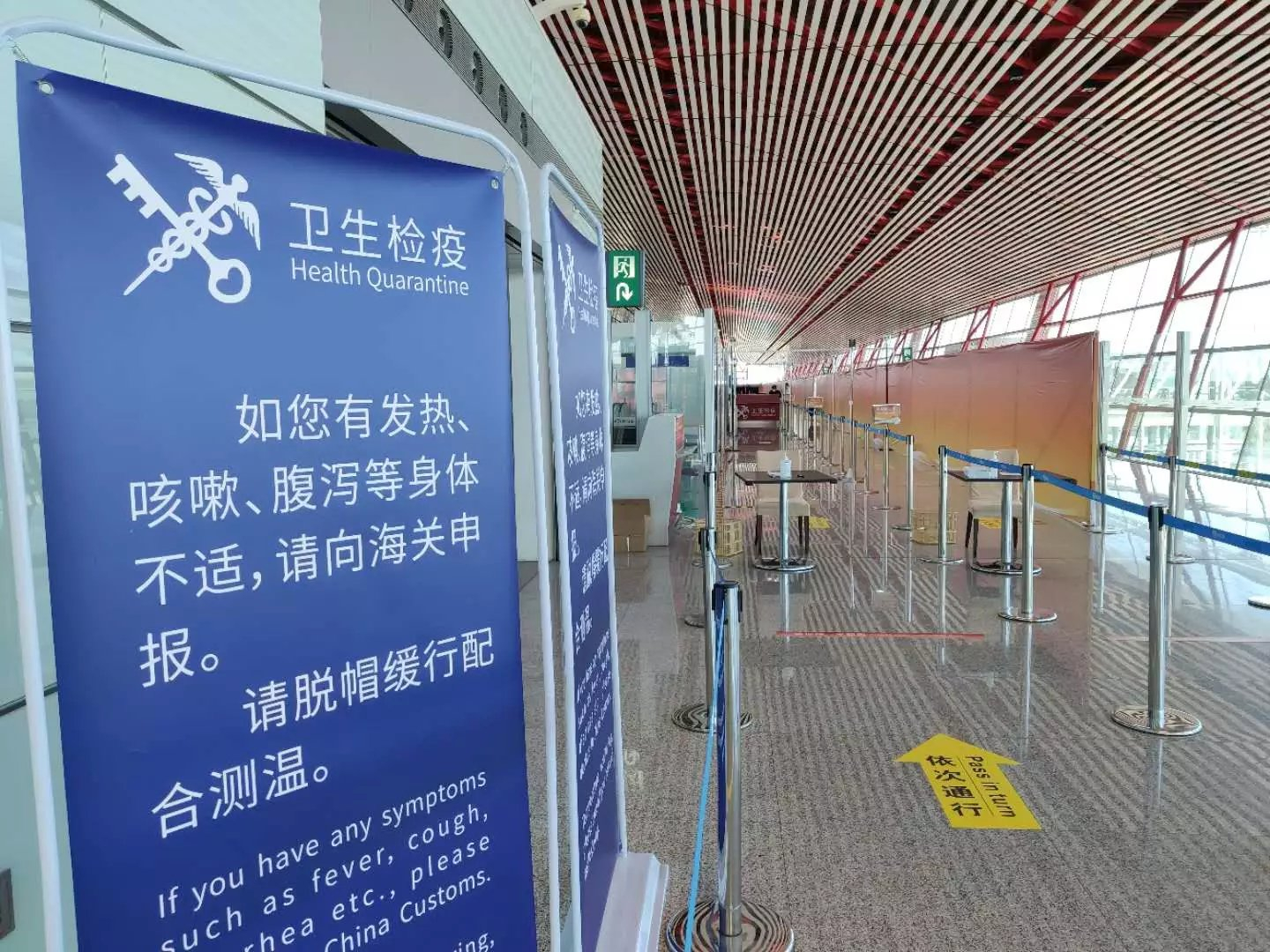
International arrivals to Beijing have to fill out a bill of health and have their temperature measured when arriving at Terminal 3 of Beijing Capital International Airport (BCIA), where areas have been designated for all international arrivals, including some international flights previously shifted to the new Daxing airport.
Arrivals who show suspected symptoms like fever or cough will be transferred to northern Beijing's Xiaotangshan Hospital for further screening and quarantine.
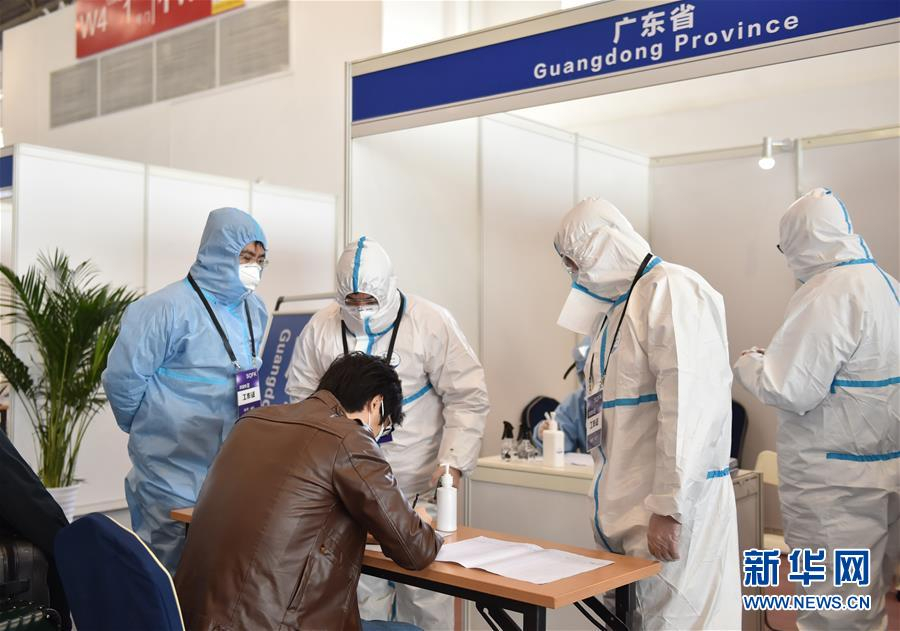
Passengers who have no fever, cough or other symptoms will be transported to the China International Exhibition Center, around 10 kilometers from the airport, where they will be registered, tested before being sent to designated isolation sites.
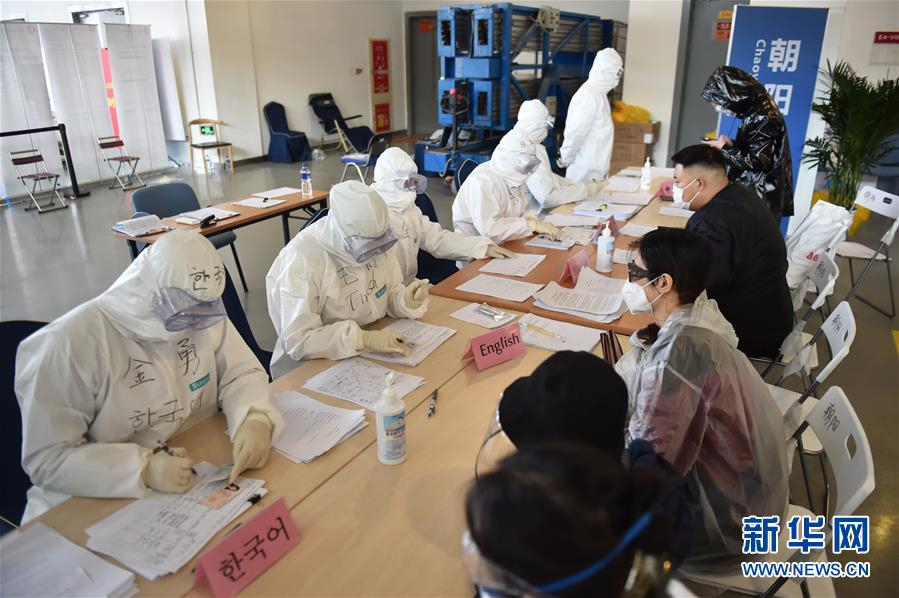
A total of 23 volunteers have been on duty at the convention center to service international passengers.
As of March 16, the Chinese capital city had 40 imported cases of COVID-19. At a press conference the same day, the municipal government announced that international flights are required to measure the body temperature of passengers before boarding and passengers who have shown symptoms are not allowed to board.
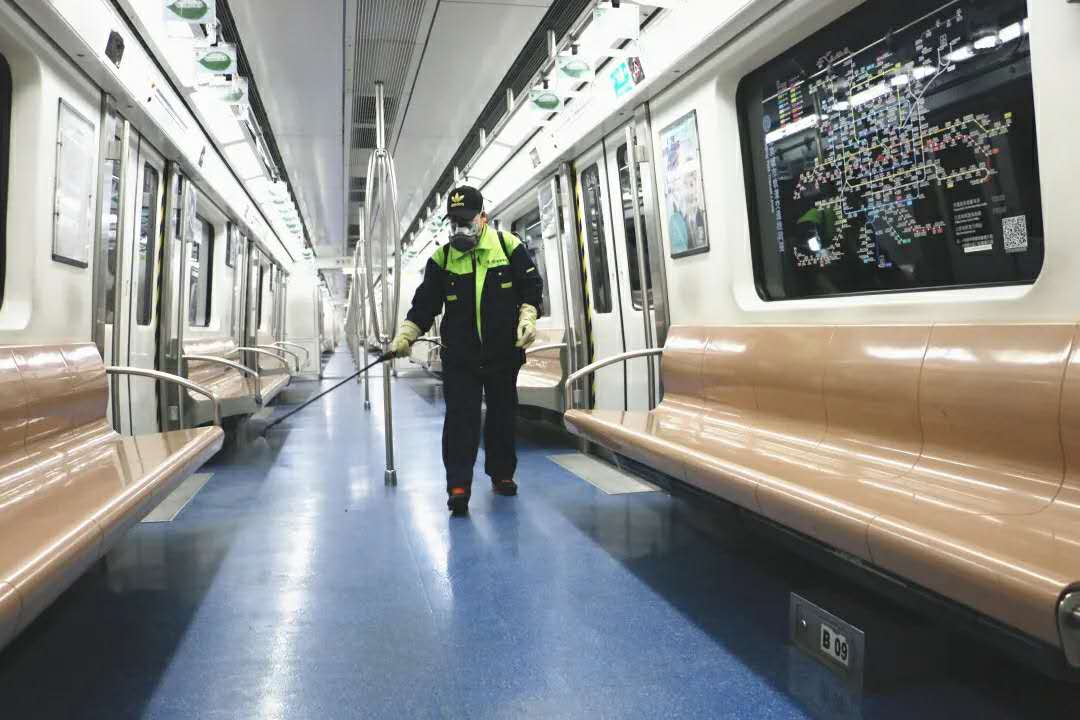
The Beijing Center of Disease Control and Prevention has also carried out testing on public facilities at shopping malls, supermarkets and mass transportation centers, with all results found negative.
The city's health authority has called on residents to avoid visiting countries with high levels of infection.
